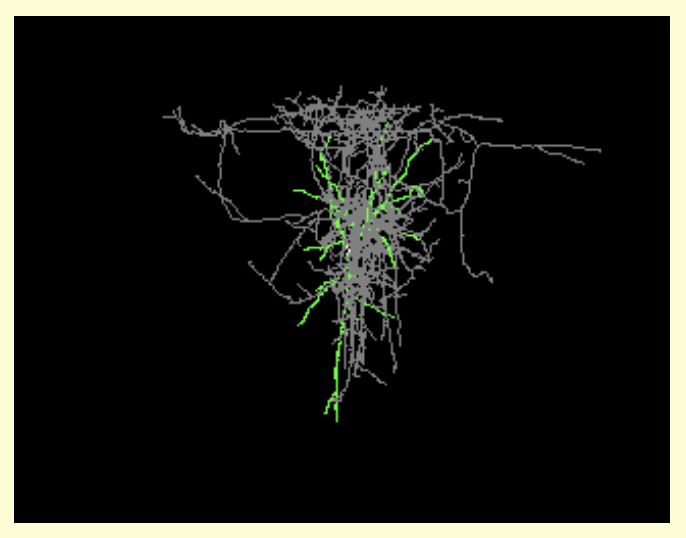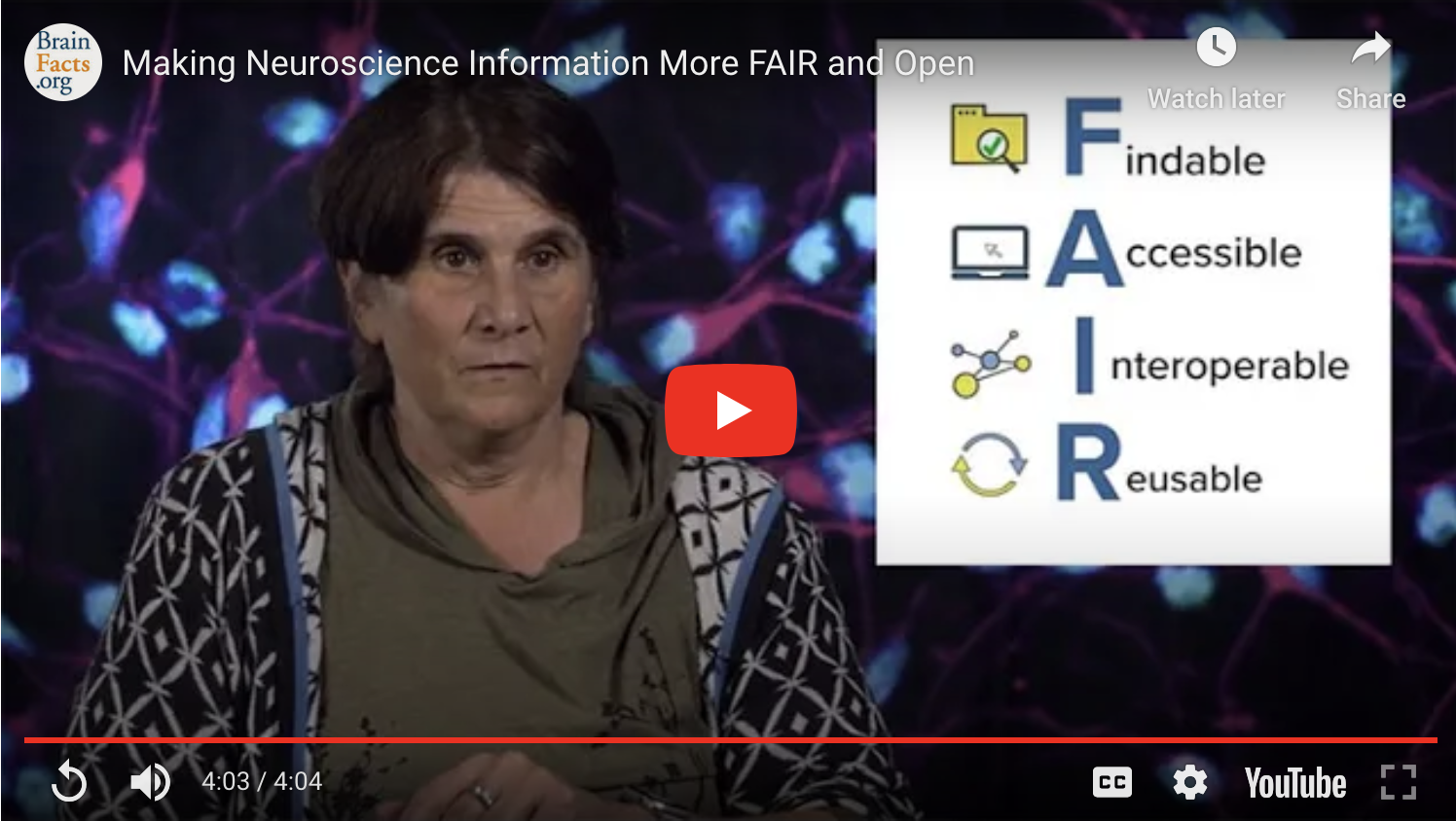URL: http://operons.ibt.unam.mx/OperonPredictor/
Proper Citation: ProOpDB (RRID:SCR_006111)
Description: The Prokaryotic Operon DataBase (ProOpDB) constitutes one of the most precise and complete repository of operon predictions in our days. Using our novel and highly accurate operon algorithm, we have predicted the operon structures of more than 1,200 prokaryotic genomes. ProOpDB offers diverse alternatives by which a set of operon predictions can be retrieved including: i) organism name, ii) metabolic pathways, as defined by the KEGG database, iii) gene orthology, as defined by the COG database, iv) conserved protein motifs, as defined by the Pfam database, v) reference gene, vi) reference operon, among others. In order to limit the operon output to non-redundant organisms, ProOpDB offers an efficient protocol to select the more representative organisms based on a precompiled phylogenetic distances matrix. In addition, the ProOpDB operon predictions are used directly as the input data of our Gene Context Tool (GeConT) to visualize their genomic context and retrieve the sequence of their corresponding 5�� regulatory regions, as well as the nucleotide or amino acid sequences of their genes. The prediction algorithm The algorithm is a multilayer perceptron neural network (MLP) classifier, that used as input the intergenic distances of contiguous genes and the functional relationship scores of the STRING database between the different groups of orthologous proteins, as defined in the COG database. Nevertheless, the operon prediction of our method is not restricted to only those genes with a COG assignation, since we successfully defined new groups of orthologous genes and obtained, by extrapolation, a set of equivalent STRING-like scores based on conserved gene pairs on different genomes. Since the STRING functional relationships scores are determined in an un-bias manner and efficiently integrates a large amount of information coming from different sources and kind of evidences, the prediction made by our MLP are considerably less influenced by the bias imposed in the training procedure using one specific organism.
Abbreviations: ProOpDB
Synonyms: Prokaryotic Operon DataBase (ProOpDB), Prokaryotic Operon DataBase
Resource Type: data or information resource, database
Defining Citation: PMID:20385580
Keywords: genome, operon, gene pair, gene, operon prediction, metabolic pathway, gene orthology, conserved protein motif, protein motif, reference gene, reference operon, visualization, regulatory region, nucleotide, amino acid, sequence, phylogeny, FASEB list
Expand Allis related to |
|
is related to |
|
is related to |
|
has parent organization |
National Autonomous University of Mexico; Mexico City; Mexico |
We found {{ ctrl2.mentions.total_count }} mentions in open access literature.
We have not found any literature mentions for this resource.
We are searching literature mentions for this resource.
Most recent articles:
{{ mention._source.dc.creators[0].familyName }} {{ mention._source.dc.creators[0].initials }}, et al. ({{ mention._source.dc.publicationYear }}) {{ mention._source.dc.title }} {{ mention._source.dc.publishers[0].name }}, {{ mention._source.dc.publishers[0].volume }}({{ mention._source.dc.publishers[0].issue }}), {{ mention._source.dc.publishers[0].pagination }}. (PMID:{{ mention._id.replace('PMID:', '') }})
A list of researchers who have used the resource and an author search tool
Find mentions based on location

{{ ctrl2.mentions.errors.location }}
A list of researchers who have used the resource and an author search tool. This is available for resources that have literature mentions.
No rating or validation information has been found for ProOpDB.
No alerts have been found for ProOpDB.
Source: SciCrunch Registry





